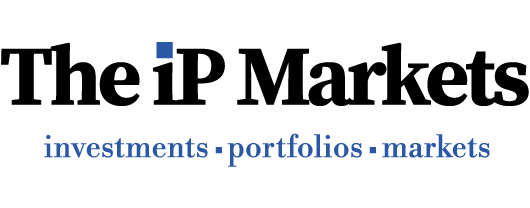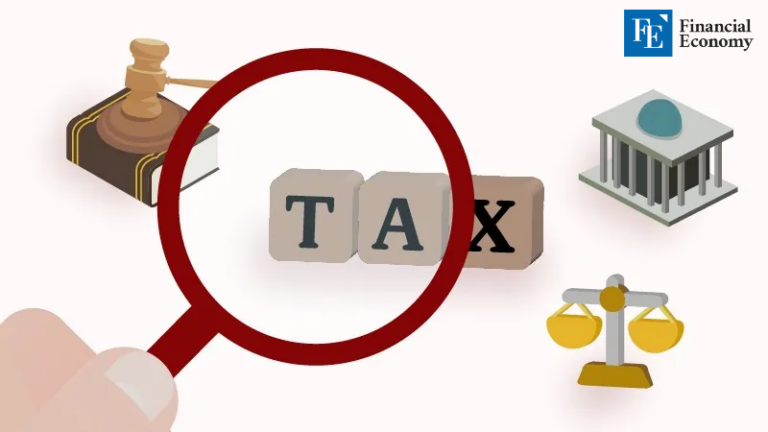The Fair Trade Commission, once again holding its sword, initiates sanctions against the four major banks for alleged mortgage loan collusion
Fair Trade Commission “Shared transaction conditions between banks to block loan conditions that are advantageous to customers” The bank said, “Shared for risk management purposes, not to gain unfair profits.” There is once again no basis for suspicion of collusion in loan interest rates, and there are even criticisms that it is ‘pressure for general elections’

The Fair Trade Commission is considering sanctions against the four major commercial banks on charges that they tacitly shared and colluded in transaction terms when making loans. The Fair Trade Act stipulates that the maximum fine related to collusion is 4% of related sales, and it is predicted that when sanctions are confirmed, fines of hundreds of billions of won, the highest ever, will be imposed. The banking industry is protesting this, saying, “Actual loans are determined according to each company’s policies, such as interest rate levels and transaction conditions, and inter-bank transaction information was used only for reference purposes for risk management.”
Fair Trade Commission sends review report pointing out suspicion of collusion to four major banks
According to the financial sector on the 8th, the Fair Trade Commission sent a review report, which is equivalent to an indictment from the prosecution, on charges of collusion to the four major commercial banks, including KB Kookmin, Shinhan, Woori, and Hana Bank. The review report included the opinion that it was necessary to file a complaint with the corporate prosecution along with the imposition of a fine, and NH Nonghyup Bank and IBK Industrial Bank, which were included in the investigation, were excluded from being sent.
What the Fair Trade Commission pointed out as a problem was the practice of these banks exchanging collateral recognition ratio (LTV) information, which is the ratio of the loan amount to the value of the collateral. The Fair Trade Commission claimed that banks have been sharing LTV information on houses, buildings, factories, etc. in unregulated areas that are not subject to the LTV standards set by the government for several years, thereby keeping LTV lower than normal. In fact, the LTV of these banks was higher than the LTV of banks that did not participate in information exchange, such as NH Nonghyup and Industrial Bank of Korea.
Additionally, the Fair Trade Commission pointed out that these banks even went so far as to organize approximately 7,000 LTV sheets by dividing them by bank. Through this sheet, which is divided by type of collateral and region, banks adjust the loan limit by determining whether their loan limit is higher or lower than that of competitors when making a loan using a specific real estate as collateral. For example, if there is room in the limit for lending compared to competitors, the limit can be set lower. In this case, consumer welfare also decreases as the loan amount received by customers decreases.
This investigation began in earnest after President Yoon Seok-yeol’s order in February last year to “prepare measures to promote competition in the financial sector, which has a strong public good nature.” The Fair Trade Commission plans to collect opinions from the four major banks and then decide on a deliberation schedule to discuss whether to impose sanctions.
When the sanctions are finalized, the fines are expected to reach hundreds of billions of won, and the scale of the fines is said to be ‘the highest ever‘
If the sanctions plan is confirmed, it is expected to be the first case in which information exchange is recognized as collusion since the introduction of the system in December 2021. The amount of the fine has not yet been determined, but as the Fair Trade Commission seriously evaluates the collusion behavior of banks, there are predictions that a fine of hundreds of billions of won could be imposed. The Fair Trade Act stipulates that the maximum fine related to collusion is 12% of the relevant sales.
If a fine of hundreds of billions of won is imposed, it will be the highest fine imposed by financial authorities on banks and other financial industries to date. In the past, financial authorities have generally imposed fines of hundreds of millions of won for illegal cases such as collusion in currency swap bids or trillions of illegal foreign currency remittances. Last year, a fine of 100 billion won each was imposed on BNP Paribas and HSBC for intentionally engaging in illegal short selling for a long period of time, which is the highest ever, and the previous highest fine was known to be 38 billion won.
However, banks are countering this, saying that collusion on collateral loans is structurally impossible. Corporate loans are determined according to company policies such as interest rate levels and transaction terms, and the LTV sheet is used as a reference, but it is unfair to view this as collusion. In particular, the banking sector emphasizes that sharing was done for risk management, not for the purpose of gaining unfair profits. An official in the banking industry said, “Unlike household loans, corporate loans are not a market that provides loans based solely on LTV conditions.” He added, “The banking sector is expected to actively explain that sharing LTV information did not affect the actual loan interest rates and limits.” He explained.

In the past, suspicions of collusion were investigated several times, but ended without any results
Previously, in February of last year, the Fair Trade Commission conducted an investigation into allegations of collusion between the five major banks (KB Kookmin, Shinhan, Hana, Woori, and NH Nonghyup) and IBK Industrial Bank of Korea under the direction of President Yoon Seok-yeol. An on-site investigation was conducted along with statements from interested parties to determine whether there was collusion between banks in the process of calculating loan interest rates, but in the end, no grounds for collusion were found and the investigation ended with a ‘dust-up investigation.’ Prior to this, an investigation was also conducted into the collusion of interest rates on certificates of deposit (CDs) between the five major banks and SC First Bank for five years from 2 to 5, but no significant results were obtained.
During the investigation at the time, the banks explained their position that although interest rates between banks may show similar trends due to the influence of market conditions in the bond market and fluctuations in base interest rates and bank bond interest rates, this does not constitute collusion. In fact, a bank’s individual credit evaluation and interest rate calculation standards are confidential according to each bank’s business strategy. As expected, this review report did not contain any basis for the suspicion of loan interest rate collusion that had been raised previously, and the banking sector is protesting that the Fair Trade Commission has not found any basis for loan interest rate collusion and is driving the sharing of LTV information into collusion.
In addition, some say that the Fair Trade Commission’s ex officio investigation has degenerated into a means of putting pressure on the financial sector rather than detecting collusion. An official from the Department of Global Finance at K University said, “As the general election approaches, the level of pressure from the government seems to be increasing,” and added, “Like the previous investigation, this review report appears to be more of a means of putting pressure than detecting collusion.”









 네이버계정으로 로그인하기
네이버계정으로 로그인하기
 카카오톡 계정으로 로그인하기
카카오톡 계정으로 로그인하기
